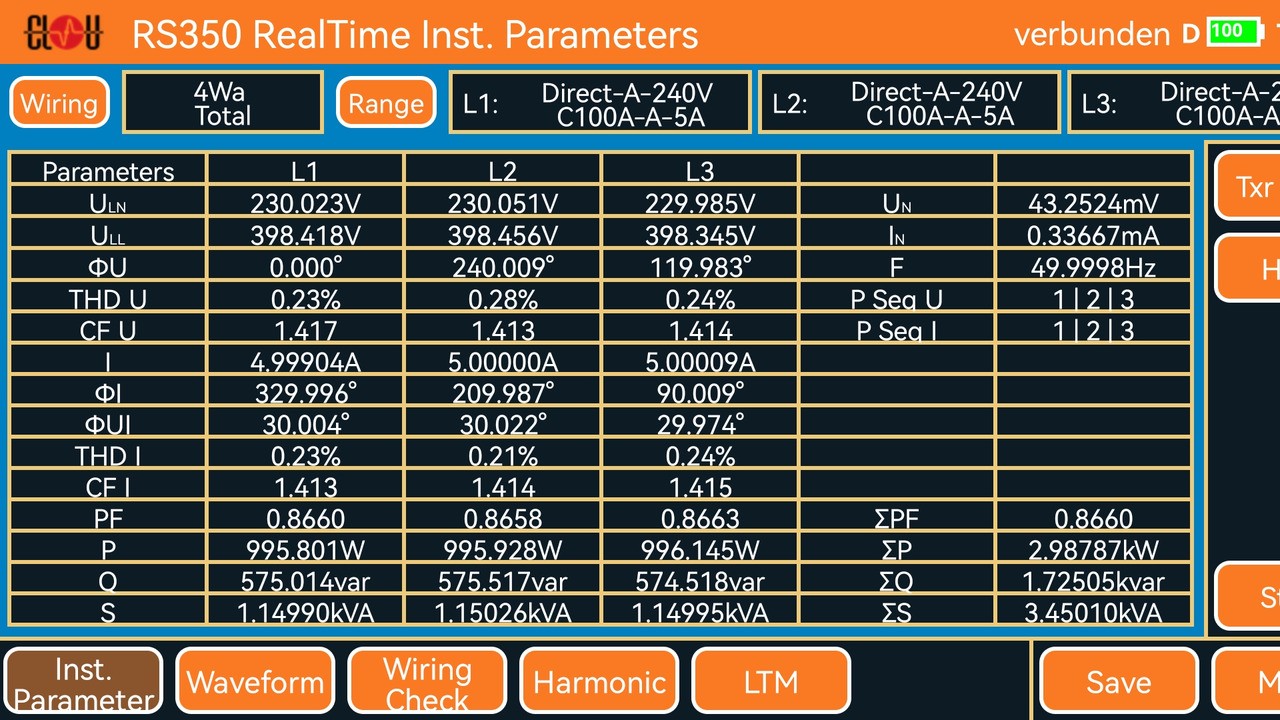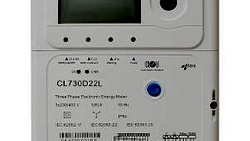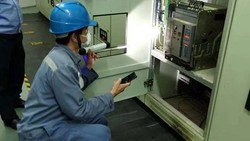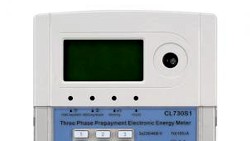In a globalized world where precise and reliable data is of utmost importance, maintaining similar accuracy in measurements is crucial. Consistency in measurements not only ensures reliability and comparability but also minimizes measurement uncertainty. In this article, we will explore the key factors and efforts involved in maintaining accuracy while minimizing measurement uncertainty in measurements worldwide.
Traceability and Calibration
Traceability, the ability to link measurement results to internationally recognized standards through a chain of calibrations, is fundamental in maintaining accurate measurements. Regular calibration of measurement instruments is essential to uphold accuracy, minimize measurement uncertainty, and ensure reliable and traceable results. Calibration laboratories play a pivotal role in providing traceability and reducing the uncertainty associated with measurements.

International Measurement Comparisons
International Measurement Comparisons are collaborative initiatives involving multiple national metrology institutes or designated organizations. The primary objective is to compare and align measurement standards and capabilities on an international scale. In these comparisons, participating organizations exchange measurement artefacts or reference materials, and measurements are conducted using their respective national measurement systems. The results obtained are compared and analysed to identify any discrepancies, biases, or differences between the participating countries' measurement standards. These comparisons help to establish and maintain international measurement equivalence, enhance measurement accuracy, and promote global harmonization of measurement practices.
In an intercomparison, a variety of countries from different regions around the world typically participate to ensure a global perspective and representation. The specific countries involved can vary depending on the nature and scope of the intercomparison. However, some commonly involved countries for our electrical energy segment include:
- United States
As a global leader in metrology and scientific research, the United States frequently participates in intercomparisons to contribute its expertise and share knowledge. - United Kingdom
The United Kingdom's National Physical Laboratory (NPL) is renowned for its metrological capabilities and often takes part in international intercomparisons. - Germany
Germany's Physikalisch-Technische Bundesanstalt (PTB) is highly regarded for its precision measurement capabilities, and it actively participates in intercomparisons. - France
The National Metrology Institute of France (LNE) is known for its expertise in metrology, and it often engages in international intercomparisons to ensure the accuracy and reliability of measurements. - Japan
Japan's National Metrology Institute of Japan (NMIJ) is actively involved in international collaborations and intercomparisons to contribute to the advancement of measurement standards. - China
With its growing scientific and technological capabilities, China's National Institute of Metrology (NIM) participates in intercomparisons to enhance its measurement capabilities and contribute to global metrological advancements. - Australia
The National Measurement Institute (NMI) of Australia actively engages in intercomparisons to ensure accurate and reliable measurements and to align with international standards.
These countries, among others, play significant roles in intercomparisons due to their established measurement infrastructure, metrological expertise, and commitment to maintaining global measurement standards. The participation of various countries allows for the exchange of knowledge, comparison of measurement capabilities, and identification of areas for improvement, ultimately leading to enhanced accuracy and reliability in measurements worldwide.
Mutual Recognition Arrangements (MRAs)
Mutual Recognition Arrangements establish confidence and trust among national metrology institutes by recognizing the equivalence of their measurement capabilities and results. MRAs not only facilitate the acceptance of measurements between countries but also promote the exchange of knowledge and best practices, reducing measurement uncertainties and ensuring similar accuracy globally.
Interlaboratory Proficiency Testing
Interlaboratory Proficiency Testing involves the assessment of laboratories' performance through the evaluation of their measurement capabilities. In this process, participating laboratories are provided with samples or test materials, and they independently measure and analyse them. The results obtained by each laboratory are then compared against reference values or the results from other participating laboratories. The aim is to assess the laboratory's ability to produce accurate and reliable measurements, identify any potential areas for improvement, and ensure consistency and quality in their testing or calibration activities.
Measurement Uncertainty Evaluation
Measurement uncertainty is a fundamental concept in metrology that quantifies the doubt or lack of exactness associated with a measurement result. It reflects the range within which the true value of a measured quantity is expected to lie. Measurement uncertainty takes into account various factors such as systematic errors, random errors, limitations of the measurement process, and the inherent variability of the quantity being measured. It provides a measure of the reliability and trustworthiness of a measurement result, allowing stakeholders to make informed decisions based on the level of confidence they can place in the data.
To maintain accuracy worldwide, it is essential to evaluate and report measurement uncertainty. Metrological institutes and calibration laboratories employ internationally recognized methods for evaluating measurement uncertainty, such as the Guide to the Expression of Uncertainty in Measurement (GUM). By considering all significant sources of uncertainty and quantifying their contributions, measurement results can be reported with a documented level of uncertainty, ensuring reliable and comparable measurements.
Takeaway
Maintaining similar accuracy in measurements worldwide not only requires traceability, calibration, international measurement comparisons, MRAs, and interlaboratory proficiency testing but also necessitates the evaluation and reporting of measurement uncertainty. By upholding these principles and minimizing measurement uncertainty, we instil confidence in measurements, ensure reliable data, and promote comparability across borders. Let's continue striving for consistent and accurate measurements while minimizing uncertainty, fostering trust, and enabling precise decision-making globally.
If you have any inquiries regarding our ISO 17025 accredited calibration laboratory, our traceability to international standards, or any other metrological questions, please do not hesitate to reach out to us. We are here to assist you and provide the necessary expertise and information you need. We also welcome your valuable thoughts and comments.
Editor's note: This article was originally published in October 2023 and has been updated for comprehensiveness.





All comments are moderated before being published. Inappropriate or off-topic comments may not be approved.